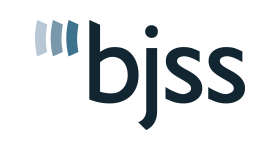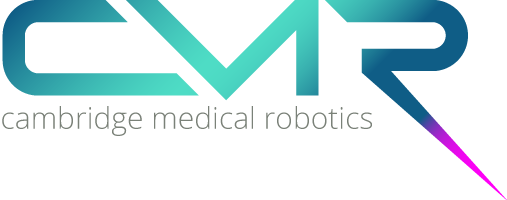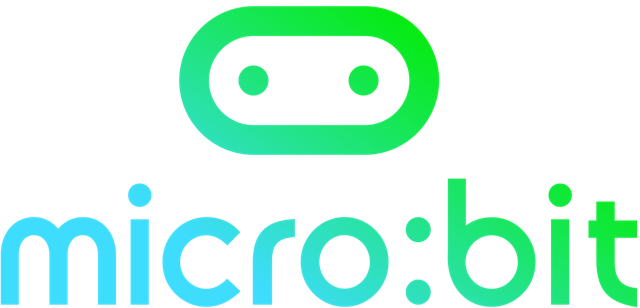The UK Python Association (UKPA) is a Charity registered in England and Wales. It was created in 2017 and its aims are:
To advance education for the public benefit in the use and understanding of the Python programming language within the UK by organising, presenting and promoting Python related conferences, meetings and events at venues in the UK
Anyone attending the PyCon UK conference is entitled to annual membership of the UKPA.
History
Up to and including 2015, PyCon UK was run by the PyCon UK Society. This is an unincorporated membership organisation that was set up early in the history of PyCon UK.
Because it is unincorporated, it is unclear who would have liability should something go wrong; the likelihood being that individuals concerned with organising and running the event would have personal liability.
As such, those of us at a planning meeting for the 2016 conference agreed to commission an investigation into the formation of a suitable incorporated entity.
That investigation recommended the formation of a not-for-profit structure known as a Company Limited by Guarantee (CLG), since (among other things) it is simple to establish, and PyCon UK Society Ltd was registered in early 2016. Its directors are Peter Inglesby, Kristian Glass and Zeth Green. The assets of the original PyCon UK Society were transferred to the CLG and its bank account was closed.
The 2016 and 2017 conferences were formally run by PyCon UK Society Ltd; the CLG entered all the relevant contracts and was liable for any debt.
Formation of UKPA
Although forming the CLG was the correct decision in 2016, it has a number of drawbacks:
As a limited company, it is not immediately obvious to community members, potential sponsors or the general public that the CLG is a not-for-profit company being run for the benefit of the community.
The CLG has no membership and so there is no mechanism for the community to have any influence in how the conference is organised.
Following several discussions at the 2016 conference, it was decided that we should investigate whether we could improve matters further and a decision was made to form a Charitable Incorporated Organisation (CIO) registered with the UK Charity Commission.
The UK Python Association was thus registered in June 2017 as Charity No. 1173471 with a constitution based upon a combination of a model document produced by the Charity Commission and the original constitution of the PyCon UK Society.
Its initial trustees are Peter Inglesby, Kristian Glass and Owen Campbell.
Next Steps
At the 2017 conference, we will hold the final AGM of the PyCon UK Society and the first of the UK Python Association. We'll close the original society and elect the trustees of the UKPA.
Anyone attending the 2017 conference is entitled to membership of both organisations and thus entitled to vote at the AGMs. Membership will expire after 12 months or at the 2018 conference - whichever is sooner.
The three initial trustees have handled the formation and registration of the UKPA but will all resign at the first AGM where we will elect up to six trustees to manage the organisation from that point onwards. The constitution specifies that two of those trustees must retire at each subsequent AGM but may then put themselves forward for re-election.
The Future
After the 2017 conference, the UKPA trustees will, amongst the other tasks of being a charity trustee, have to decide on the precise nature of the relationship between the CIO and the CLG. One common structure for UK charities is to have a CIO which handles the activities of voluntary members and a CLG as a 'trading arm' of the charity handling, for example, VAT registration, with any profits of the CLG regularly transferred to the CIO.
FAQ
- I'm a regular conference delegate. What does this mean for me?
In previous years, you will have purchased your ticket from the PyCon UK Society. In 2016 and 2017, your ticket was bought from PyCon UK Society Ltd. For 2018, the UKPA trustees will decide what happens, but it's possible there will be no change from the current situation.
As for the conference itself, you should see no difference except that you will, this year, be entitled to membership of the UKPA, to attend its AGM and to vote for the election of its trustees.
- How does this affect speakers and workshop leaders?
It will have no effect at all on the running of the conference. It's possible that, in the future, the financial aid budget may be administered by the UKPA rather than the CLG but that will be a matter for the trustees elected at this year's event.
- What about the voluntary conference organisers? How are they affected?
Again, this should have no effect at all on the volunteers who dedicate their time and effort to making the conference the wonderful event we know it to be. Possibly, in the future, they may have to claim any personal expenses from the UKPA rather than the CLG, but that will be a matter for the trustees elected at this year's event.
- What does being a member of the UKPA entail?
To be a member of the UKPA, you simply need to agree to abide by its consitution. In particular, you should be aware of Section 9.3, 'Duty of Members' which states:
It is the duty of each member of the UKPA to exercise his or her powers as a member of the UKPA in the way that he or she decides in good faith would be most likely to further the purposes of the UKPA.
- I can't make it to this year's conference. Can I still be a member?
Unfortunately, no, you cannot.
The founding trustees of the UKPA believe that the organisation should be led by an elected body as soon as possible and, as a result, have kept to a minimum the decisions taken before this year's conference. The principles that have applied to those decisions are:
1) We should attempt to make only those decisions necessary to form the
organisation and register it with the Charity Commission,
2) Where possible, we should try to reproduce the constitution of the
PyCon UK Society,
3) We should hold an AGM and elect a board of trustee as soon as
practicably possible, and,
4) We should defer to the elected trustees as many decisions beyond
registration as we possibly can.
As such, we have chosen to emulate the membership criteria of the PyCon UK Society which was that anyone attending the conference was entitled to annual membership. Whilst it's perfectly possible (and highly likely) that we will extend that definition in the future, the founding trustees feel that is a decision that should be taken by an elected board.
The topic of membership will be raised early in the life of the new board of trustees once it's elected at this year's conference.

















